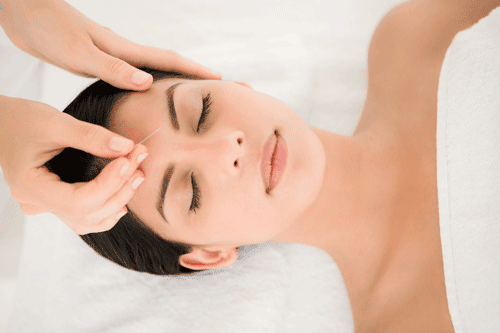Acupuncture and Addiction
Does acupuncture help in the treatment of addiction?

So what is acupuncture? Basically stated, it is Chinese therapy involving pricking the skin with small/thin needles. It is used to treat a variety of physical symptoms, improve mental health, balance emotional conditions and alleviate pain.
Acupuncture is based on a theory of energy. As the theory goes, “chi,” also known as energy, flows through our body along pathways called meridians. Those who practice acupuncture believe that illness is the result of something blocking your chi. Acupuncture is a method used to unblock your chi in order to align with the balance of your body’s natural order. Not only does this system reduce cravings, anxiety, sleep disturbance, and need for pharmaceuticals, it helps create a more optimistic and synergistic attitude towards the process of recovery, and has been reported to improve retention in treatment programs. It essentially reboots the sympathetic nervous system, that “fight or flight” response that can get out of hand, causing us to experience escalating anxiety and heightened stress.
Opinions vary on the effectiveness of acupuncture. It is, however, widely practiced in many addiction treatment facilities. It is a valued therapy among treatment facilities because of its ability to release endorphins. A boost of endorphins will aid in calming clients, in turn helping them resist urges, remain present and recall the new tools they are learning in treatment.
Other valued aspects of acupuncture include relaxation, its properties as a sleep aid and its role in alleviating physical pain. All of these benefits of acupuncture help to clear the mind, heal the body and provide a level of comfort to clients, giving them the opportunity to be less distracted and do work at a deeper level in treatment. Some people report positive feedback right away, while others may need a few sessions to determine whether acupuncture is a useful tool in their rehabilitation.
While acupuncture has not been proven to “cure” addiction, it has been shown to aid the process of recovery. Every person will respond differently so it’s important that each individual listen to his or her own body and communicate with the acupuncturist.
Whether one chooses to include acupuncture as part of their treatment plan, it is important to recognize that treatment is not a one-size-fits-all approach. What works for some may not work for others. Furthermore, what works for someone in one stage of recovery, may not have the same effects at a different stage in their recovery. As with all things in addiction treatment and recovery, there is value in looking at the potential of acupuncture as an effective tool, then deciding what, when and how much of it works for an individual and tailoring the treatment to fit their needs.
Liked this article? You might also be interested in: Is Vitamin ‘No’ the Best Self-Care Supplement?
